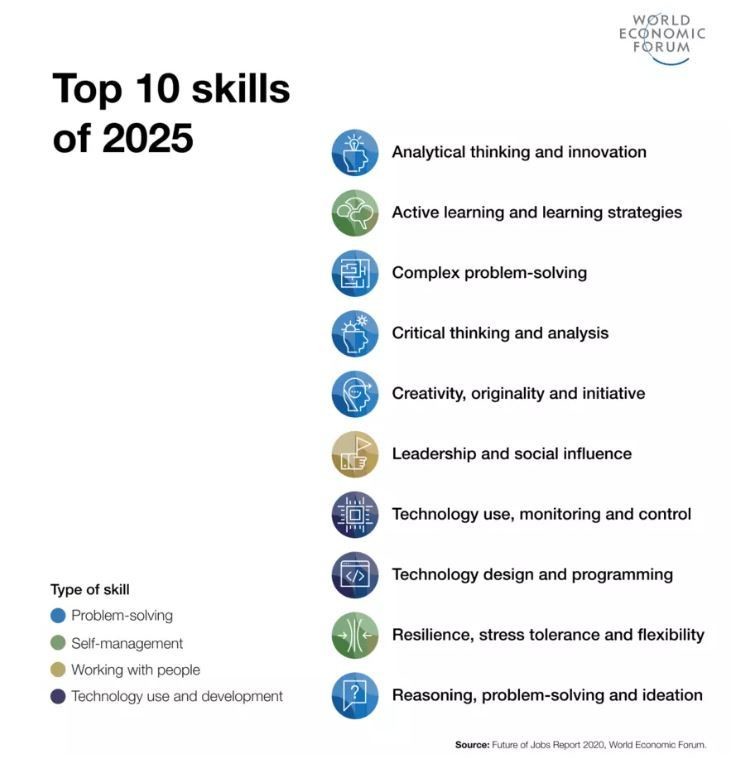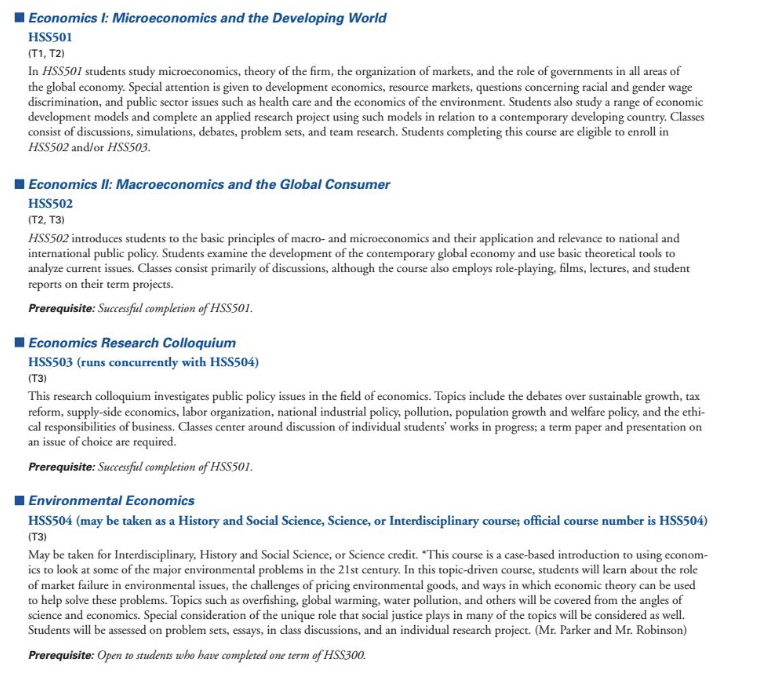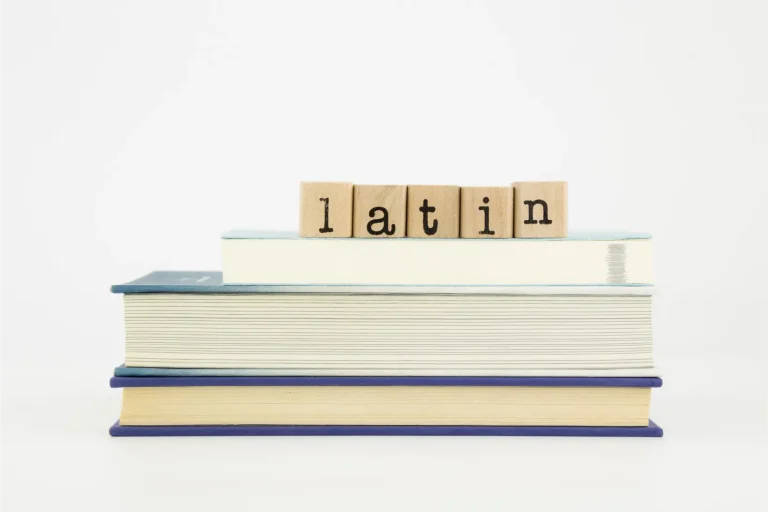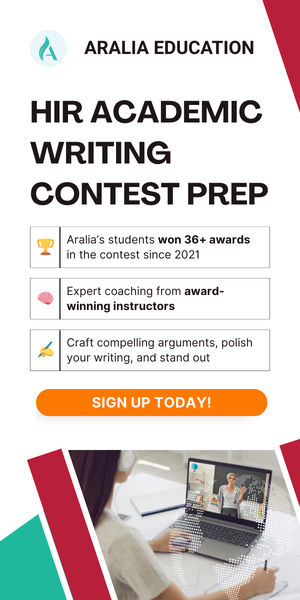1. Why Should You Take Economics Classes in High School?
To summarize, the study of economics equips students with valuable soft skills beneficial to their personal and professional development. What you learn in economics classes can help inform you about your spending habits, because you study how people and the market behave, and how irrational and emotional consumers can be when it comes to purchases. By comparing your own habits to other people in response to the market, you will be able to adjust your own spending habits and make more financially sound decisions. The study of economics also provides you with a range of transferable skills, which are:

With a strong understanding of Economics, students will also expand their career opportunities. College graduates with economics majors find jobs in accounting, banking, consulting, entertainment, and the technology field performing analyst-related roles. Students also have the option to continue on to graduate school, especially to a Master’s in Economics or an MBA degree. An MBA degree requires a strong understanding of business: from finance, accounting, management, marketing, to economics.
2. What Do You Learn From Economics Classes?
There are two branches within economics: microeconomics and macroeconomics. Microeconomics is the study of individuals and firms making financial and resource decisions, supply and demand, and the allocation of resources on an individual level. While macroeconomics studies the overall economy in society, nationally and internationally. It focuses on elements like Gross Domestic Product, employment, inflation, etc.
Depending on the curriculum of your school, you may or may not cover the fundamentals of economics. But in general, an economics class within high school should provide you with the knowledge of both macroeconomics and microeconomics:
The study of macroeconomics covers the concepts of economic measurement, market, economic models, and policies related to macroeconomics. Sample topics are demand and supply, scarcity, opportunity cost, GDP, Unemployment, Inflation, etc.
The study of microeconomics covers the concepts of scarcity and market, analysis, human behavior, and related policies but on an individual level. Sample topics are scarcity, resource allocation, analysis, the elasticity of supply and demand, international trade and public policy, monopoly, profits, etc.
3. A Typical Economics Curriculum
A high school economics curriculum progression for students is (The curriculums are taken from Philips Academy Andover and Phillips Exeter Academy, some of the most prestigious boarding schools in the U.S.):
- Economics 1: Microeconomics and the Developing World
- Economics 2: Macroeconomics and the Global Consumer
- Economics Research Colloquium
- Environmental Economics
- ECO502: Principles of Economics and Business
- ECO510: Macroeconomic Issues in the United States
- ECO520: Microeconomic Theory and Policy
- HIS506: Capitalism and Its Critics
- HIS556: Why Are Poor Nations Poor?
For the Andover curriculum, students receive a well-rounded education, from micro to macroeconomics, to conducting economics research. Students can also combine their interest in economics and the environment to investigate the role of market failure in environmental issues. The Exeter curriculum gives students flexibility depending on the aspects of economics students are interested in. The topics include the history of economic development, standards of living in different countries, and a general introduction to economics.

4. What Classes Should You Take If You Want To Study Economics In College?
If you are in high school and are interested in taking Economics interest further by considering majoring in Economics in college, you can plan ahead during high school to be ready for college-level economics.
Let’s take a look at the core requirements of Boston University’s BA in Economics:
Prerequisites:
- CAS MA 123 and 124 Calculus I & II, or 127, or 129, or equivalent
- Introductory Microeconomic Analysis and Introductory Macroeconomic Analysis
Economics:
- Introductory Microeconomic Analysis
- Introductory Macroeconomic Analysis
- Intermediate Microeconomic Analysis
- Intermediate Macroeconomic Analysis
- Empirical Economics 1
- Empirical Economics 2
- Microeconomic Theory
- Macroeconomic Theory
- Electives: three other 4-credit courses
Mathematics (and Computer Science):
- Introduction to Computer Science
- Multivariate Calculus or Honors-Level Vector Calculus
- Linear Algebra or Honors-Level Linear Algebra
- Optimization Methods in Operations Research
- Electives: three other 4-credit courses, with at least one being above the 400 level.
The first two classes: EC 101 and EC 102 courses explore the introductory concepts of Microeconomics and Macroeconomics. The major requires students a strong understanding of economic theory, mathematic concepts, and even computer science knowledge. The economics major does require you to have a well-rounded understanding of other subjects in addition to economics. So, if you decide to pursue an economics major, how can you prepare yourself in high school?
- Take all available courses in your high school
A typical progression for students is to take Introduction to Micro and Macroeconomics, then with once achieving an A or B in the class, they can choose to take advanced Economics to understand the current economic situation, and then take related AP courses for college credit. Some AP classes related to economics students can take include:
- AP Macroeconomics
- AP Microeconomics
- AP United States Government and Politics
Some other general AP classes that can enhance your soft skills such as data collection, data analysis, and problem-solving include:
- AP Calculus AB
- AP Calculus BC
- AP Statistics
By taking the AP Macro and AP Microeconomics tests and receiving a score of 4 or 5 out of 5, most schools will waive your freshman economics classes such as Introductory Microeconomic Analysis and Introductory Macroeconomic Analysis (Boston University). In addition to Economics, taking AP Computer Science and AP Statistics courses will also let you waive introductory college courses, such as the introductory Statistics and Computer Science courses. By taking as many AP courses as you can handle in high school, you will have available credits from the AP classes as well as advanced standing allowing you to take more advanced economics courses or any classes to further strengthen your knowledge of economics or related topics.
Overall, you can prepare early for an economics major by taking mathematics, computer science, and statistics courses throughout high school. The study of math and statistics will prepare you with a foundation in problem-solving and data analysis. You can gradually advance in high school through taking honors, advanced, or AP courses in math and other related subjects.
5. Other ways to get involved in Economics during High School
- Conduct Economics Research
A potential route students can take before entering college is to gain research experience in Economics. Economics research is designed to encourage students to integrate their acquired knowledge of economic theory, phenomena, data, and policy, and to apply this knowledge to studying a topic shaping the world today. Economics Research is a great way for students to strongly indicate their interest and passion in the field to college admission officers.
There are numerous topics of economics research students can focus on, for example:
- Unemployment and Automation in Jobs
- Financial Crisis
- Economic growth or decline in countries across the world
If students are interested in conducting research but not sure where to start, consider participating in Aralia’s economics research program. The goal of this course is to help students learn how to read, critically evaluate, and begin to produce economic research, with a particular emphasis on empirical evidence. Students will learn how to analyze empirical evidence relating to economic indicators, unemployment, national income, fiscal and monetary policy, recessions, inflation, and policies to promote economic growth, with applications from the United States as well as other industrialized and developing countries. Students will learn college-level economic concepts, theories, and models that will enhance their problem-solving and critical thinking skills. By the end of the course, students will produce a college-level research paper involving original economic data analysis.
Access the course page here.
- Clubs
Outside of class, there are many ways that you can express your interest in economics. In your high school, you can participate in clubs and organizations related to the field, such as Business Club, Math Club, Entrepreneurship Club, Stock Exchange Club, Economics Affairs, or any other clubs that give you the chance to participate in business, math, or economics competitions. If your school does not offer clubs like this for you to participate in, why don’t you create your own club? Among all the students at your high school, you won’t be the only one with an interest in economics. Before jumping in and starting a new club, you should first ask your peers who have similar interests and might want to be on the executive board. This process will also help you brainstorm different directions and visions that you want the club to head towards. Starting your own club may sound challenging, but it will also boost your college application by showing your initiative and leadership.
Similar to starting a club, starting a business will also help you impress college admission officers and expand your understanding outside of economics alone. We have some business ideas to inspire you on your next entrepreneurship adventure.
- Economics Competitions
Once you have Economics classes and have done well in them by achieving an A or B in the classes, you can consider participating in the National Economics Challenge (NEC). The National Economics Challenge is a competition that tests your knowledge about microeconomics, macroeconomics, and the world economy. There are two levels, the David Ricardo Division and the Adam Smith Division. The David Ricardo Division is for first-time competitors who have taken no more than one economics course. The Adam Smith Division is for more advanced students taking AP Economics, IB Economics, honors economics, or any students who previously competed.
Teams require 3 to 4 students each. All students on the team must go to school in the same state. So, you can have friends with similar interests at other schools join your team; everyone needs to go to school in the same state.
- Internships
You can also gain experience through internships or externships in high school. You can find internships through your high school network, your personal network, and regular online/offline searches on LinkedIn or Indeed. This internship will also differentiate you from other applicants because you are proactive and determined to gain more knowledge outside of the classroom.
Further reading:
This course will help students to interpret economic news and economic data profoundly. At the same time, students will learn to form their own insights on economic issues. This course will provide a solid foundation for students who wish to study advanced economics in the future.
Students will use college-level economic theory and models to analyze the financial impact on the global economy. The economic tutor will provide students with the models and tools necessary to write an economic research paper. The economic research project encourages students to integrate their acquired knowledge of economic theory, phenomenon, data, and policy.










